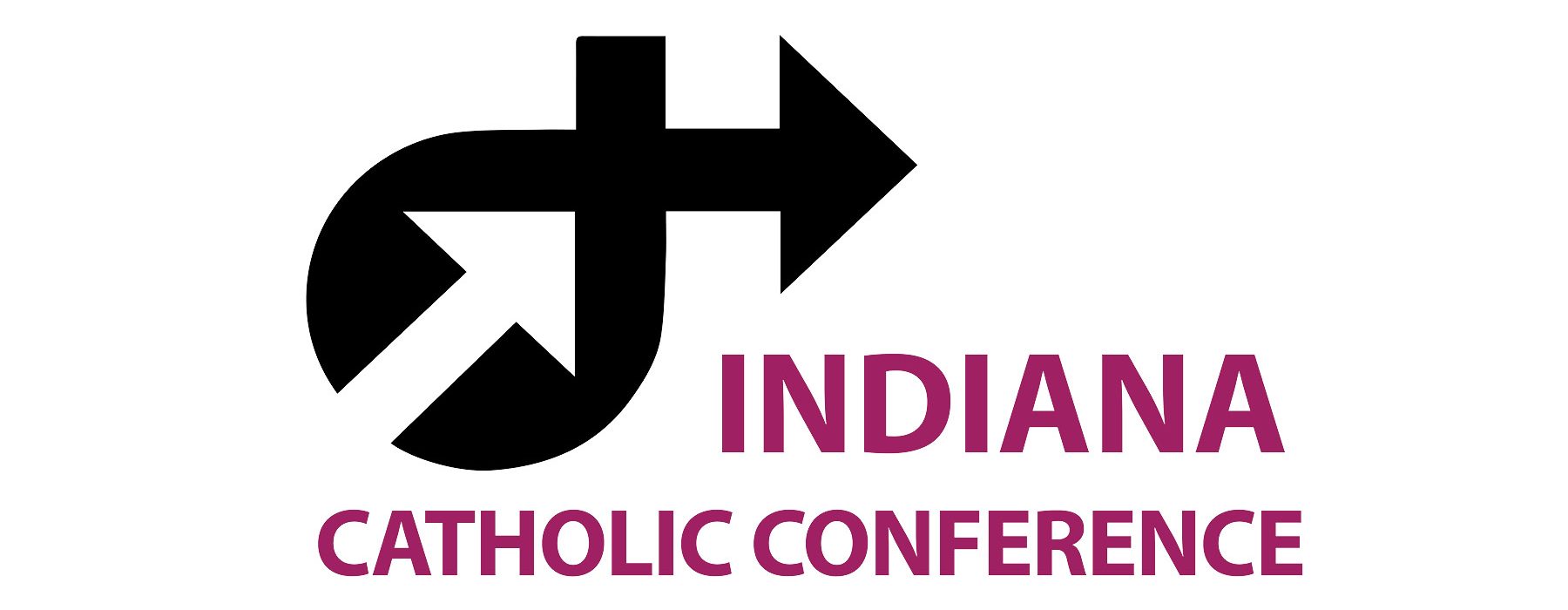March 13, 2022 // National
Non-public schools face one disappointment this session but mostly fly under radar
The final chapter of the 2022 legislative session stopped short of the rewrite that advocates for non-public schools were aiming for in implementing a new school choice program for the special-needs students they serve.
Senate Bill 331, which had been designed to correct some aspects of the new Education Scholarship Account (ESA) Program as they pertain to non-public schools, was eventually stripped of many of the fixes that Catholic and other non-public schools say would make the program workable for them. The ESA program, which offers dedicated funding for students with disabilities and is set to take effect in the 2022-23 school year, was passed by the General Assembly last year as part of sweeping changes to extend the reach of Indiana’s school choice programs.
“We want to be sure that ESAs are structured in a way that works both for our schools and for our families,” said John Elcesser, Executive Director of the Indiana Non-Public Education Association (INPEA), which represents the state’s more than 400 non-public schools, including Indiana’s 175 Catholic schools. “That’s what our whole push has been. Senate Bill 331 attempted to fix things that weren’t taken into consideration when the ESA program was passed last year in the state budget.”
Those key elements included moving the ESA application deadline from April 1 to Sept. 1 to allow families adequate time to make school choice decisions, ensuring that administrative costs did not pose an undue burden on participants, and making the structure of the ESA program parallel that of Indiana’s Choice Scholarship program, more commonly known as the voucher program.
But non-public school advocates saw only partial success on Senate Bill 331 at a March 7 conference committee meeting – the mechanism to reconcile House and Senate versions of a bill. Lawmakers did vote to extend the ESA application deadline to September and removed the surety bond requirement that posed another obstacle for non-public schools.
Other important provisions fell short and, according to Elcesser, non-public schools will be discouraged from embracing the program without all of the sought-after changes.
“How all of this will impact the rollout of the new ESA program and the participation of non-public schools remains to be seen,” Elcesser said.
A key issue for advocates is ensuring that special education dollars from the state flow directly to the non-public school when it provides services, the same way they do in the voucher program.
“In the current voucher program, when the family of a student with special needs selects a non-public school to be the special education service provider, that school receives both the voucher amount and the state special education dollars,” Elcesser explained. “But as it stands now, the ESA only ensures the 90 percent of state tuition support (the voucher amount) – but it doesn’t ensure that the state special education dollars will follow. In other words, schools would get less money to meet the needs of a student than what they would get if they simply participated in the special-ed component of the voucher program.
“Unless there are administrative remedies, with no assurance of receiving the special education funding, getting non-public schools to participate could be a challenge.”
Throughout the process, Elcesser and other advocates have worked closely with the state treasurer’s office, which has been designated to manage the ESA program.
“The office has been very responsive, and the fixes for the program have been coming from them after listening to our concerns,” Elcesser said. “Our worry is that without those fixes, most non-public schools are going to choose not to participate, because they will be receiving less funding to meet a student’s needs.”
At press time, Senate Bill 331 was awaiting votes by the full House and Senate.
The INPEA devoted most of its attention to Senate Bill 331 in this short, swiftly moving legislative session – tracking 33 education bills of interest to non-public schools that were ultimately whittled to 10 as the session progressed. House Bill 1134 – a controversial measure that would have limited what teachers can say about race, gender, ethnicity and religion – did not pertain to non-public schools.
“From a non-public-schools perspective, the less legislation that deals with us, the better – because that means less regulation on non-public schools,” Elcesser said. “In this legislative session, there were a lot of controversial bills out there, contentious bills, and to a great extent we were able to steer clear of that.
“In general, we try to stay under the radar unless there is a bill that’s going to have a significant positive impact on our families or on our schools,” he continued. “That’s true every legislative session, but this session just happened to be plagued with more contentious and controversial measures.
“All in all, we still see this as a successful session because we did mostly stay under the radar. Now, on to planning for next year.”
To get involved in the advocacy efforts of the INPEA, visit inpea.org. The website includes access to podcasts, research data, position papers, a legislative action center and other information concerning non-public schools and their mission.
The best news. Delivered to your inbox.
Subscribe to our mailing list today.






